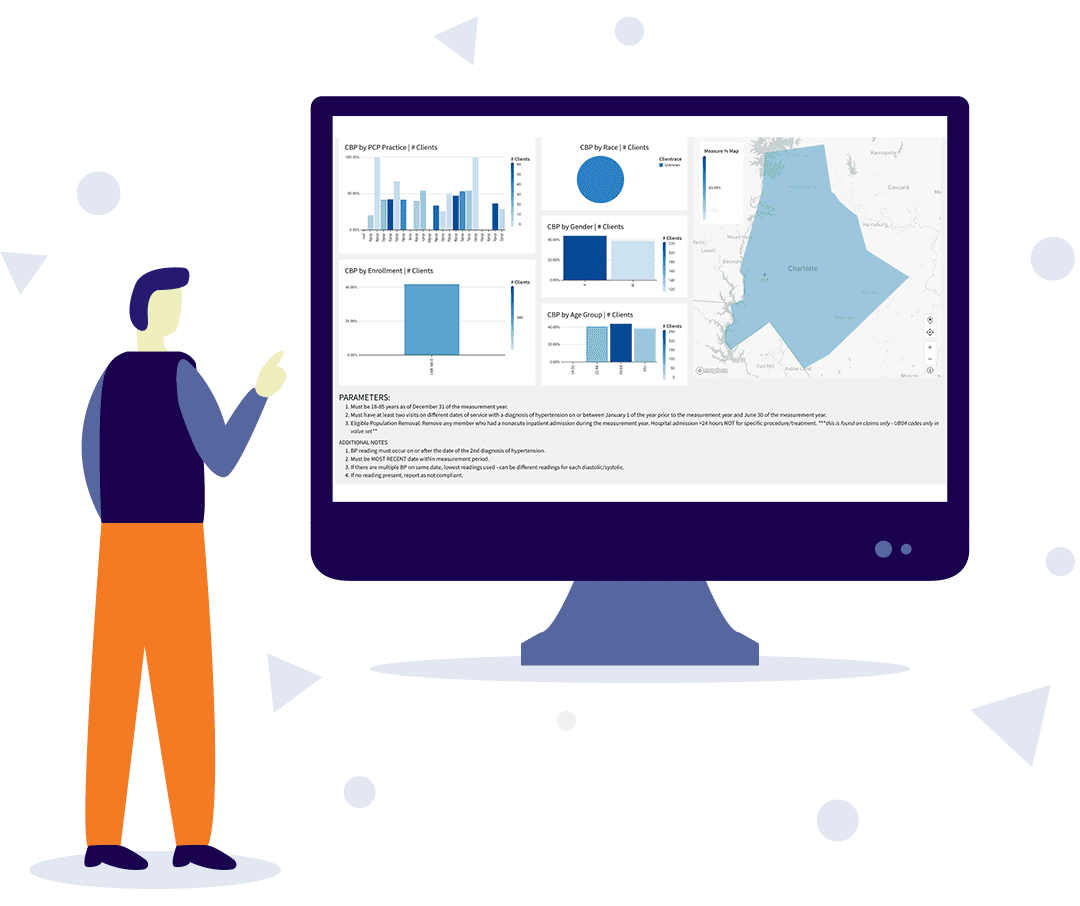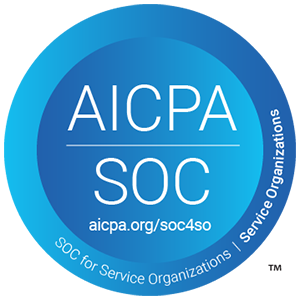Population health thrives when the health outcomes of individuals improve, making value-based healthcare a priority. Sevida Analytics harnesses the power of AI to sort priority populations and identify opportunities for specialized and efficient care – for all members. This enhances expertise and drives cost-effective practices. By enabling clinical teams to make decisions, practitioner-client relationships strengthen, ensuring effective and appropriate care delivery.
Sevida Analytics empowers operations to make informed decisions regarding billing, contracts, and more.
Harness the Power of Sevida Analytics
Sevida Analytics empowers healthcare organizations to enhance their capacity to understand and meet their members’ needs. Our algorithms identify trends in zip codes, age groups, chronic conditions, and other attributes, helping you understand your member panel even better. This enables population health initiatives to mitigate future health conditions and disparities effectively.
Outcome Analytics: Driving Informed Decision-Making for Optimal Health Results
In the fast-paced world of healthcare, making well-informed decisions is crucial to achieving optimal health outcomes for patients. That’s why Sevida Analytics harnesses the power of Generative AI to empower care managers and providers! By analyzing vast datasets and leveraging advanced algorithms, Sevida™️ empowers healthcare professionals with real-time, data-driven insights.
With increasing caseloads and ever-changing health and compliance needs, Sevida Analytics uniquely encapsulates staff knowledge into rules and triggers them in real time, identifying the next best action to create the desired outcome. This intelligent approach enables healthcare teams to proactively strategize interventions and personalize care plans, ultimately leading to improved patient outcomes. Sevida™️ enables you to embrace the power of Outcome Analytics to navigate the complexities of healthcare and drive better results for your patients.

